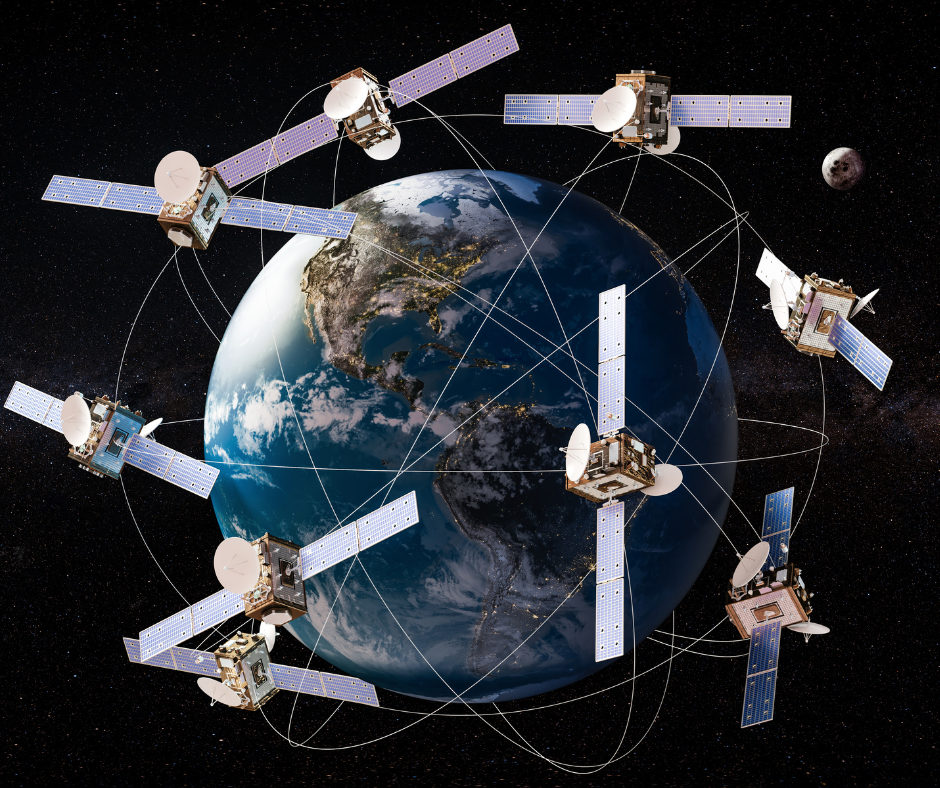Summary: The Pentagon says Russia launched a space weapon into the same orbit as an American satellite. Benjamin L. Schmitt, co-founder of Duke University’s Space Diplomacy Lab, is available to comment.
Quotes:
“While Putin’s Kremlin predictably denied the Pentagon’s allegation, there is little reason to doubt the general assessment of the U.S. intelligence community given an increasingly reckless line of provocative actions the Russian Federation has taken in low-Earth orbit for several years,” says Benjamin L. Schmitt, co-founder of the Space Diplomacy Lab at Duke University and a senior fellow at the University of Pennsylvania’s Department of Physics and Astronomy and the Kleinman Center for Energy Policy.
“Given this incident — the very latest in an increasingly destabilizing line of acts Russia has taken to weaponize outer space, from a destructive anti-satellite weapons test in 2021, to the revelation of a Russian nuclear-capable anti-satellite weapons program in February — the Biden administration and U.S. Congress should begin to take steps to end practical cooperation with Putin’s Russia in orbit. This will not only ensure that Russia can’t benefit from continued technical cooperation with the U.S. in space, it will allow President Biden and his team to be able to fully realize its stated sanctions and export controls goal since the outset of Russia’s war against Ukraine: to significantly degrade the Russian space sector.”
“The incident also underscores the urgency for the international community to press forward with norms-setting and regulatory actions to ensure a safe and sustainable future for humanity in outer space — a goal that is shared by our entire team at the Duke Space Diplomacy Lab, and for which we will continue to strive while continuing to ‘keep looking up.’ ”
Bio:
Benjamin L. Schmitt is co-founder of the Space Diplomacy Lab at Duke University and is a senior fellow in Duke’s Rethinking Diplomacy Program. He is also a senior fellow at the Department of Physics and Astronomy at the University of Pennsylvania, and is an affiliate of the Harvard-Smithsonian Center for Astrophysics at Harvard University.
Schmitt works at the intersection of physics, astronomy, energy and national security, having helped develop and deploy astronomy telescopes at the Amundsen-Scott South Pole Station in Antarctica and Chile’s Atacama Desert. He also previously served as European Energy Security Advisor at the U.S. Department of State and focuses on transatlantic security analysis. Schmitt is a term member of the Council on Foreign Relations and a Senior Fellow for Democratic Resilience at the Center for European Policy Analysis.
For additional comment, contact Benjamin L. Schmitt at:
bschm@sas.upenn.edu
—
Media Contact:
Steve Hartsoe
steve.hartsoe@duke.edu
